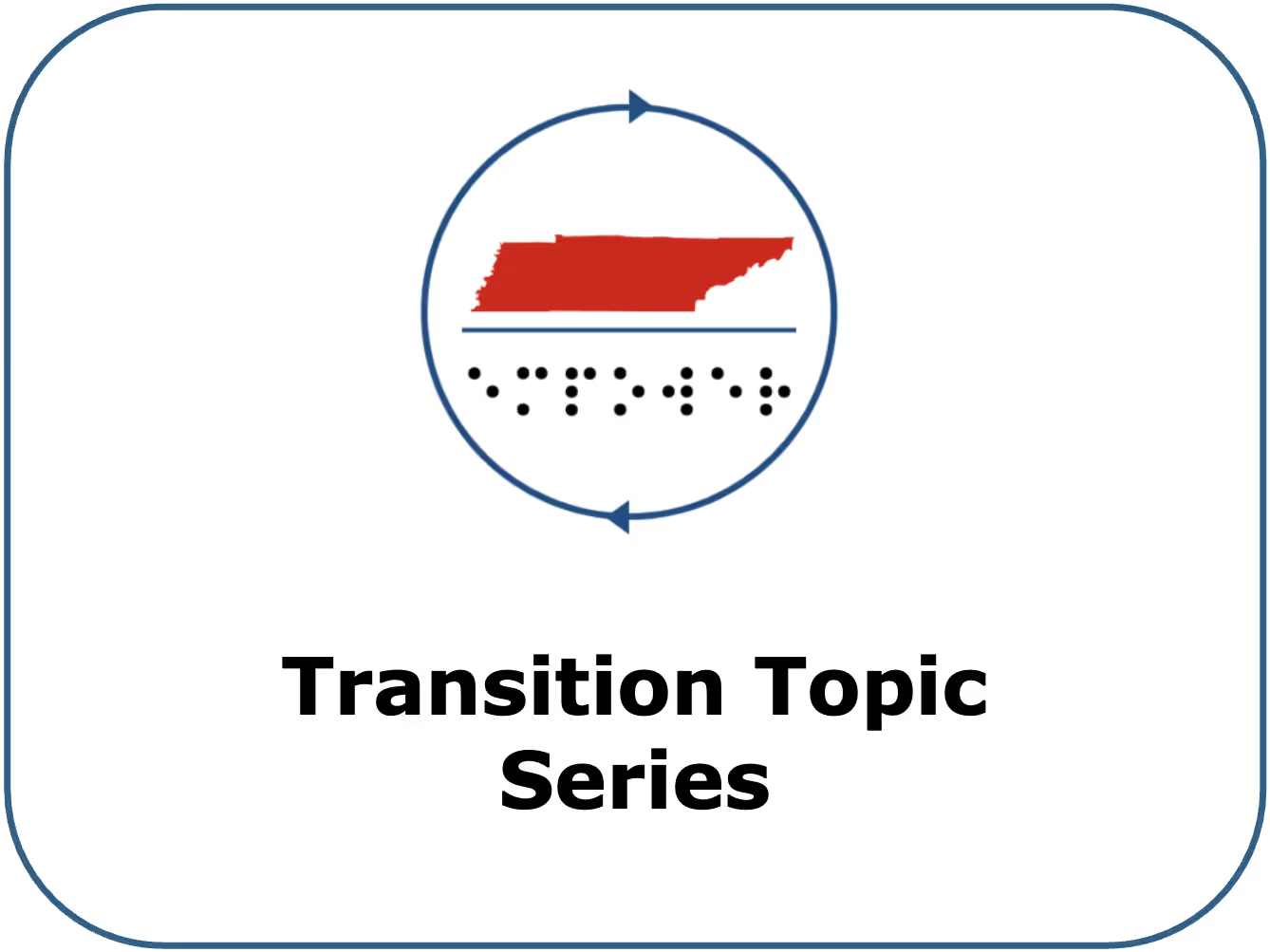Supplemental Security Income (SSI) Definitions Supplemental Security Income (SSI) is a program administered by the Social Security Administration (SSA). In most States, SSI recipients have access to medical assistance (Medicaid) to pay for hospital stays, doctor bills, prescription drugs, other health costs, and may be eligible for food assistance. SSI is provided to eligible individuals who meet specific criteria:
Eligibility Categories: Those who are blind, aged 65 or older, or disabled. Applicants must have limited income and resources. SSI benefits are only available to U.S. citizens, U.S. nationals, and legal residents. The SSA considers an individual as blind if their central visual acuity for distance is 20/200 or less in the better eye (with corrective lenses) or if they have a visual field limitation where the widest diameter subtends an angle no greater than 20 degrees.
Even if you don’t meet the SSA’s definition of blindness, an individual with a visual impairment might still qualify for SSI benefits based on disability. According to the SSA:
A child is considered “disabled” if they have a physical or mental impairment resulting in marked and severe functional limitations. For adults aged 18 and older, “disabled” means having a physical or mental impairment that prevents substantial gainful activity." To determine the benefits an individual might receive, the SSA considers a few things:
An individual’s housing situation. The value of an individual’s resources (e.g., cash, bank accounts, vehicles, personnel property). Guiding Questions Have you spoken to your family about SSI benefits? Do you understand the eligibility criteria for SSI? Are there services provided by SSI that you would benefit from? Do you understand how SSI is impacted by earned income? Resources EMPOWER October Monthly Deep Dive - SSI EMPOWER VI explored SSI in more detail and offered resources in their archived newsletter.
Social Security benefits for young adults with disabilities – Perkins School for the Blind This resource explores SSI and SSDI, how it works for young adults, and what happens if your application is denied.
SSI Spotlight on Special SSI Rule for Blind People Who Work (ssa.gov) There is a special rule to help people who work and receive Supplemental Security Income (SSI) based on blindness. This rule allows a blind person to exclude from earned income all expenses that enable the person to work. The expense does not need to be related to blindness. This resource explains this in more detail.
Work Incentives for Blind Individuals SSA.pdf (aphconnectcenter.org) This resource explores how to work while receiving benefits and special services for people who are blind or have low vision through the SSA.





